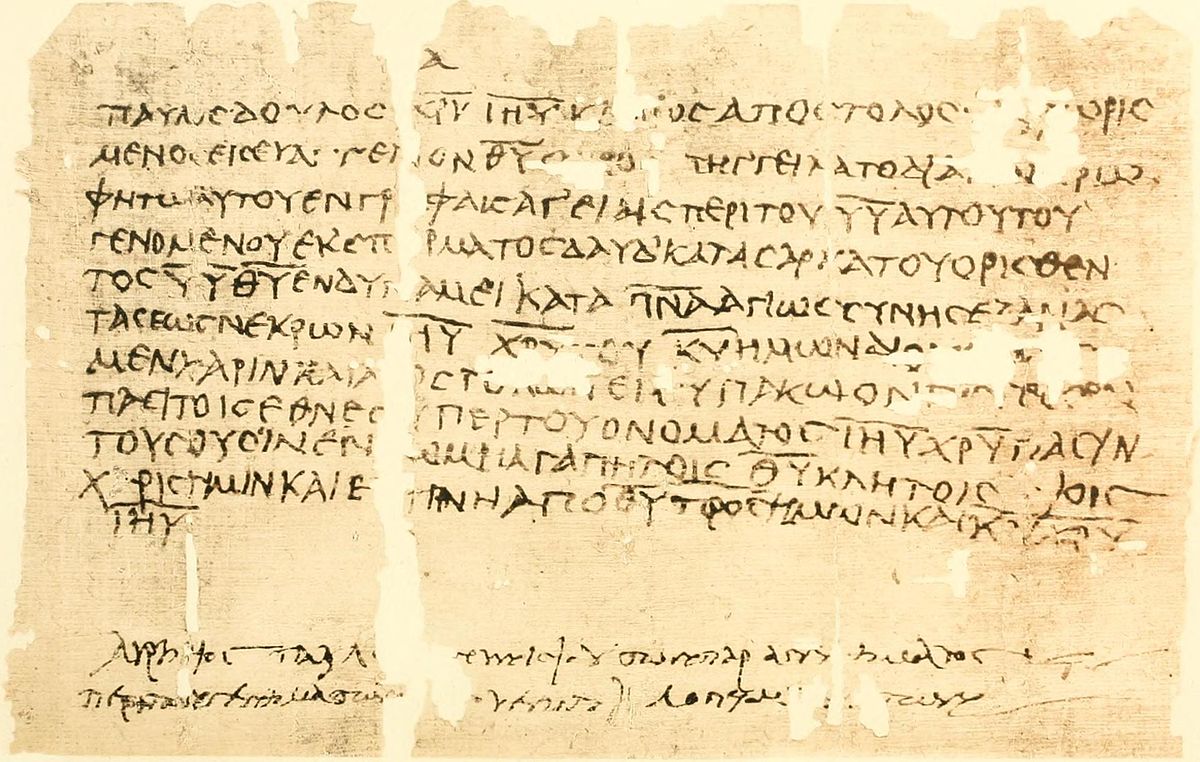Weak—what does that mean? We might think it’s cut and dry, but it’s not. Pistons fans know Ben Wallace was “Big Ben.” Yet, imagine if the first time you saw “Big Ben” he was standing next to Shaq. He’s not so big then. Back in the day, I often had to chuckle when I saw “Big Ben” guarding O’Neal. Think about what life must be like for a basketball player. All week they’re giants—even most guards—and then they show up for the big game and are little men—little men!—that is, until they stand next to a fan. Big and little, strong and weak, depending on the task and setting.
Because I like to lift weights (I should get back into that habit more regularly now), Nicholas, my son, liked to lift weights as well in our basement when he was little, so we got him some tiny iron to pump. My wife joked that we were Hans and Franz. It was rather humorous. We’d finish a set, grunt, because he liked grunting, and then look at our muscles. I’d tell him, “Oh, you are so strong.” And he felt strong, because he didn’t realize that his weights are much lighter than mine. But then he’d show how endorphins affect the brain, because, with adolescent testosterone flowing, he’d go to pick up Daddy’s weights. You should have seen the shock on his face when he couldn’t lift them. He just went from being strong to being weak, because his weakness was measured according to the feat of strength he attempted. So also, St. Paul tells us what task we were and are too weak to accomplish, no matter how strong we may feel in other matters. We are too weak to achieve reconciliation with God.
Paul writes, “For one will scarcely die for a righteous person—though perhaps for a good person one would dare even to die—but God shows his love for us in that while we were still sinners, Christ died for us.” Christ died for sinners. The word “sinner” means one who misses the mark or falls short of a standard. The archer sins when he misses the target. The piece of clothing sins at Hanes when inspector #246 deems it unsatisfactory and throws it out. Christ died for sinners. Christ died for us. aViewed through the eyes of a perfect, holy, righteous God, we were hardly up to par. We missed the mark in numerous ways. We fell way short of his standards. Yet Christ not only risked his life to save us; he gave his life. The strong saved the weak, which is not so common in our world.
From little on, we human beings learn the value of strength. We learn that the strong win and the weak lose. Thus, the strong boy bullies the weak one in grade school, and then the weak boy gets revenge when he uses his mental strength to start a business, delighting while the bully struggles in the real world. The strong nation conquers the weak one. The strong team not only beats the weak team, but trounces them, stopping only when the ump intercedes with a call for mercy. Even in our familial relationships, we use our strength to our advantage, throwing out another’s sins to beat them into submission, using financial leverage to control each other. Yet Christ did not use his strength that way. Christ used his strength to save the weak.
“Don’t say sorry unless you mean it.” How many times did mom say that? Maybe you really did mean it, but your parents wanted you to suffer a bit. Maybe you didn’t mean it but just wanted to get them off your back. The fact of the matter is that when it comes to repairing, that is, reconciling broken relationships, sorry is a powerful weapon, as we refuse to say it or say it even though we don’t mean it. Even worse, sometimes “Sorry just doesn’t cut it,” as you may have been told.
God could have said to us “Don’t say sorry unless you mean it” and “Sorry just doesn’t cut it.” As weak, ungodly sinners and enemies of God, even if we did say sorry, we certainly couldn’t fix the damage we’d done. So Christ came. He not only said our sorry but fixed our damage, even though he didn’t have to. He became strong in weakness, dying to save us, to reconcile us to God and restore for us a right relationship with him—a relationship made possible through Christ alone and sustained through Christ alone.
You have been reconciled to God. By entering our human weakness and bearing our human sin, Christ has brought us a new strength and free forgiveness. Rejoice in this reconciliation, as St. Paul says a Christian will, reflecting it in your relationships with others. Be strongest in weakness as you use your strength for the weak and work forgiveness where sin has reared its head. Serve each other even when you think the other doesn’t deserve it and falls short of your standards. Realize that, no matter how strong you may feel at times, you are always weak standing before God, as “Big Ben” is little next to Shaquille O’Neal. Like Nicholas with his weight, imitating his father, be spurred on by Christ’s strength, and grow in your own by looking to Christ, watching what he’s done, imitating it, and, most importantly, making his strength your own, letting him lift your weight when your weak little arms can’t bear as much as you imagine they can. You are weak, but Christ is strong, and thank God for that, because in Christ’s strength you have a strength you yourself could never muster; you have reconciliation with God.

